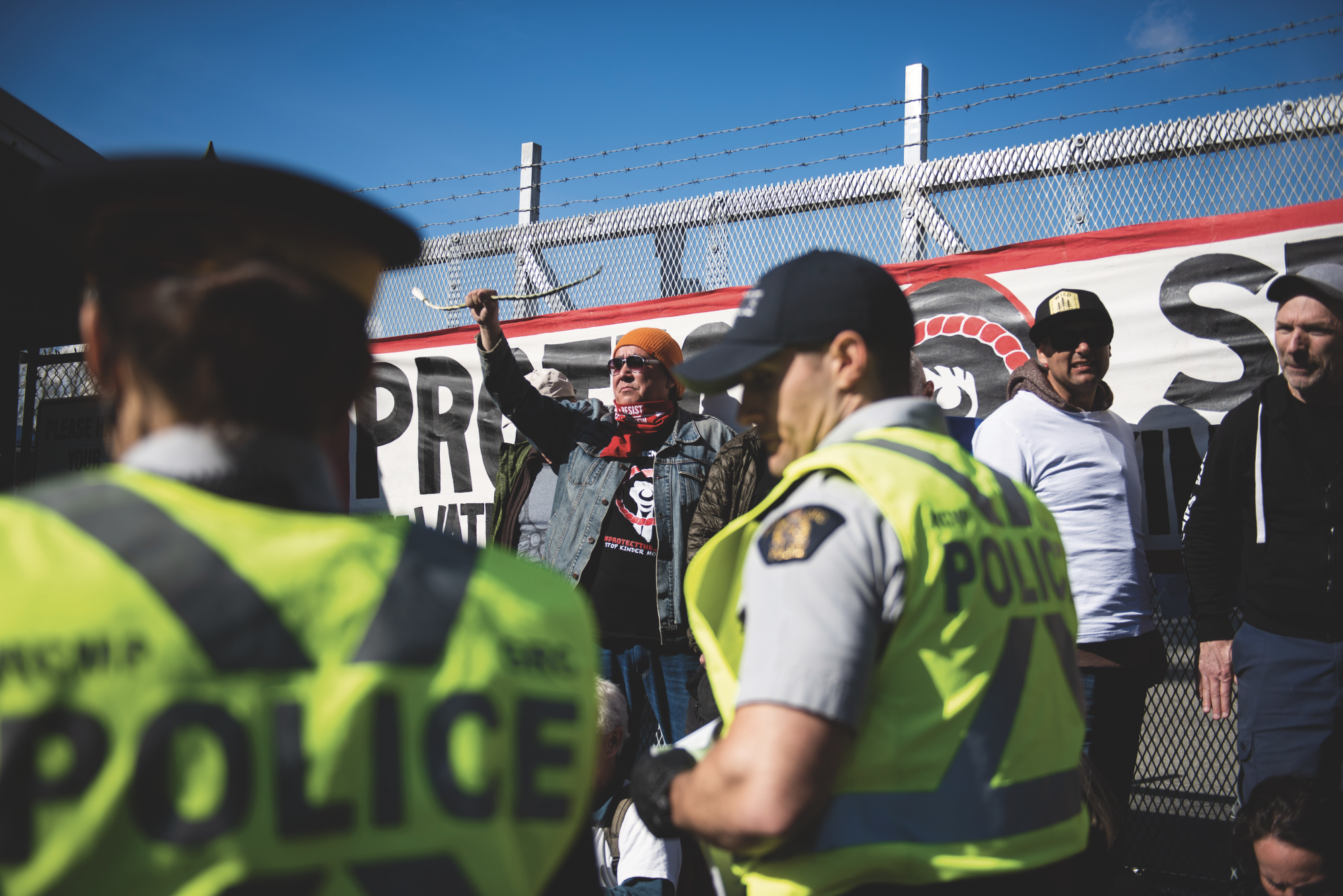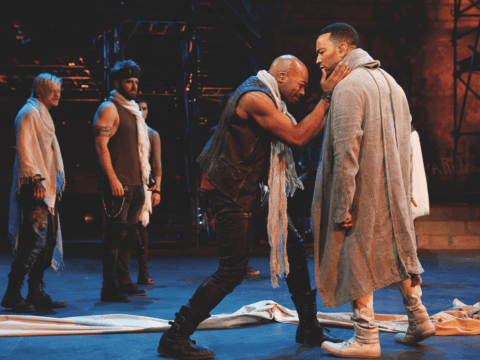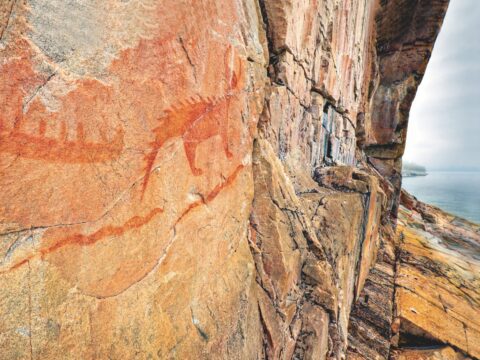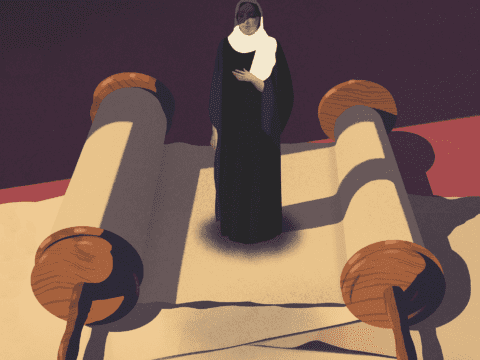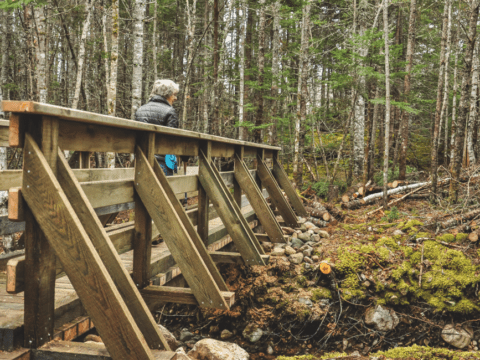Clayton Thomas-Müller’s childhood in Winnipeg was marked by poverty and violence. He was a teenager when he got his first job: running a drug house for his older brothers, founding members of the Manitoba Warriors street gang. When police cracked down on the gang, his brothers warned him to get out. “You’re too smart for this life,” Thomas-Müller remembers his brother telling him. “You need to go to school, do something.”
Thomas-Müller joined a program for at-risk youth called Medicine Fire Lodge, which he describes as “a radical, anti-racist, anti-oppression, anti-colonial curriculum designed to turn you into a Jedi.”
You may unsubscribe from any of our newsletters at any time.
Twenty-three years later, Thomas-Müller is a well-known figure in the struggle for Indigenous sovereignty and environmental justice. He has worked for the Indigenous Environmental Network and 350.org, helping Indigenous communities across Canada and the United States organize against energy projects and industrial waste dumps on their lands. He trains Indigenous activists and speaks at climate summits around the world. He’s also a film director, a media producer and the creator of an autobiographical film called Life in the City of Dirty Water and a forthcoming memoir by the same title.
More on Broadview: Rueben George on his sacred duty to nature
Early on, Thomas-Müller found himself fixated on one question: why was life so hard for Indigenous youth? Why did so many of them struggle with poverty, violence, addiction, depression and incarceration? An answer started to form in his head while he was speaking at a preparatory meeting for a United Nations summit in 2002. “It was like the ancestors came at me at that very moment in the dingy basement of the UN in New York City and slapped me,” he says.
His realization was this: the root cause of Indigenous peoples’ trauma was dispossession from their land. Across the continent, tar sands mines, coal mines, hydroelectric dams and dumping grounds for toxic waste were built next to Indigenous communities. This has had devastating effects. Around Thomas-Müller’s own community of Pukatawagan in northern Manitoba, for example, flooding caused by hydroelectric dams had washed away his people’s fishing nets, submerged traplines and drowned sacred burial sites. People on reserves experienced so much poverty that young people were forced to migrate to cities, where they struggled to find their footing.
It was no accident, Thomas-Müller concluded. Settler governments limited funding for education, housing and water systems on reserves, keeping them poor so people would move away. It was another way of suppressing Indigenous sovereignty. Canada was providing oil and gas and electricity to some of the world’s most powerful military states and wanted unhindered access to the resources on or near Indigenous land.
This understanding continues to motivate Thomas-Müller as he campaigns for Indigenous peoples’ right to make decisions about their own land and water. For him it’s a spiritual struggle as much as an economic or political one. He’s convinced that the only way people will transcend the greed and consumption that drive our exploitative economy is by connecting to the sacredness of the land around them.
“As we move forward,” he says, “I believe more and more people will open up their spirits and their hearts to learning about the places where they live; to understanding who their Indigenous neighbours are; to learning the names of the rivers and the mountains and the forests where they live so they can develop a meaningful relationship with those things. And so that they can actually care enough to put their bodies on the line to defend them.”
This article first appeared in Broadview’s April 2020 issue with the title “Clayton Thomas-Müller.”
Broadview is an award-winning progressive Christian magazine, featuring stories about spirituality, justice and ethical living. For more of our content, subscribe to the magazine today.

